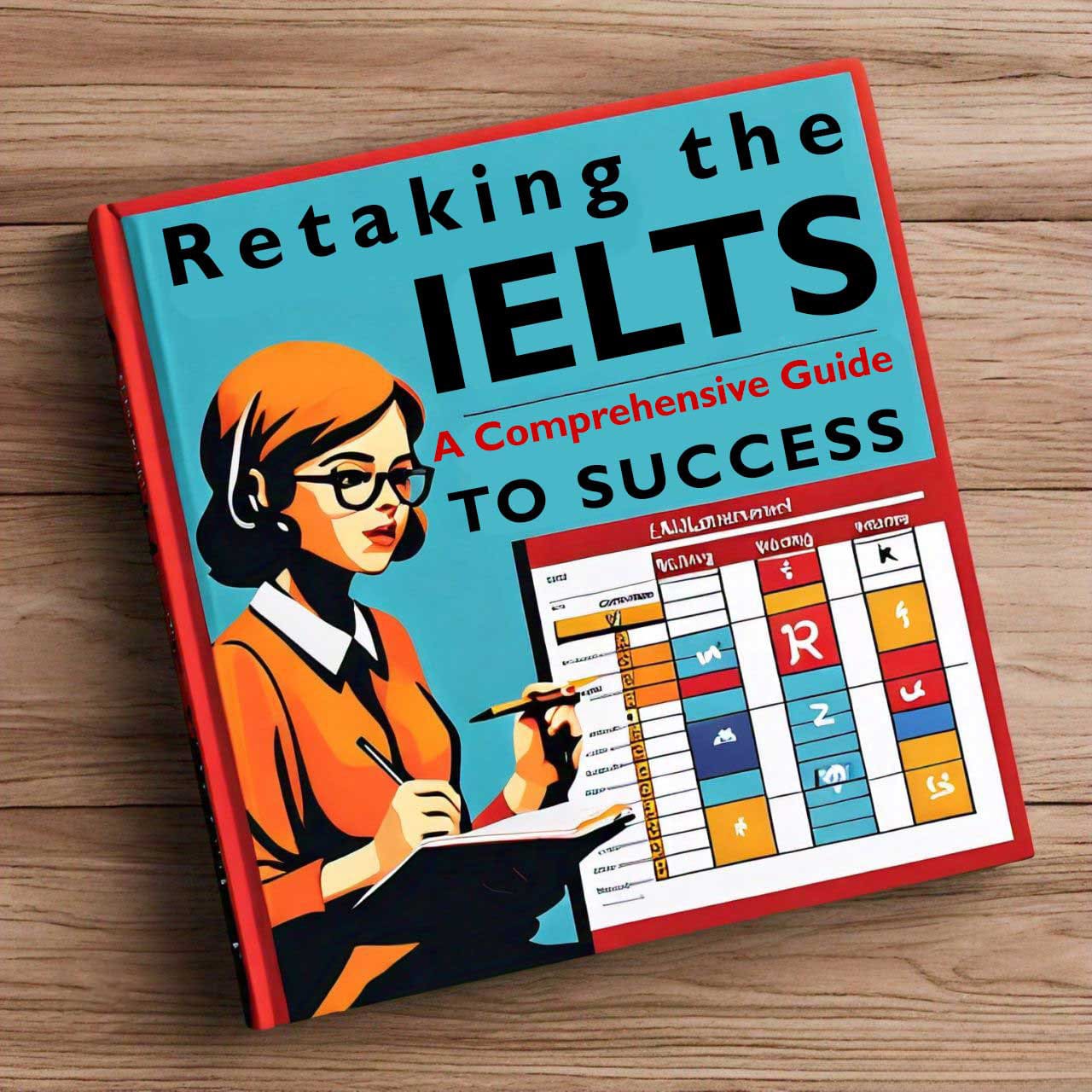Studying abroad is a dream for many students, offering the chance to experience new cultures, gain global perspectives, and receive world-class education. One of the critical steps in this journey is demonstrating your English language proficiency, and the International English Language Testing System (IELTS) is a widely accepted standard for this purpose. Here’s why IELTS is essential for studying abroad and how you can prepare effectively to achieve your academic goals.
Table of Contents
Why IELTS is Important for Study Abroad
1. Global Recognition
IELTS is recognized by over 10,000 institutions in more than 140 countries, including top universities in the UK, USA, Canada, Australia, and New Zealand. Achieving a high IELTS score can open doors to numerous educational opportunities worldwide.
2. Accurate Assessment of English Skills
IELTS tests your abilities in listening, reading, writing, and speaking, providing a comprehensive assessment of your English proficiency. This ensures that you can handle academic challenges in an English-speaking environment effectively.
3. Visa Requirements
Many countries require proof of English language proficiency for student visa applications. A good IELTS score meets these requirements, making it an essential part of the application process.
4. Preparation for Academic Success
Preparing for IELTS helps you develop the language skills needed for academic success. It familiarizes you with the types of tasks and texts you will encounter in your studies, such as academic essays, research articles, and presentations.
Preparing for IELTS: Tips and Strategies
1. Understand the Test Format
IELTS consists of four sections: Listening, Reading, Writing, and Speaking. Familiarize yourself with the format of each section, the types of questions asked, and the time limits. This will help reduce anxiety and improve your performance on test day.
2. Develop a Study Plan
Create a study plan that covers all four sections of the IELTS test. Allocate time for each skill, focusing more on areas where you feel less confident. Consistent practice is key to improving your proficiency.
3. Use Official Preparation Materials
Official IELTS preparation materials, such as practice tests and sample questions, are invaluable resources. They provide insights into the types of questions you’ll face and help you practice under exam-like conditions.
4. Improve Your Vocabulary
A strong vocabulary is crucial for all sections of the IELTS test. Read widely, including newspapers, academic journals, and books, to enhance your vocabulary. Make a habit of learning new words and using them in context.
5. Practice Listening and Speaking
Listening and speaking are often the most challenging skills for non-native English speakers. Practice listening to English audio resources, such as podcasts, news broadcasts, and TED Talks. For speaking practice, engage in conversations with native speakers or use language exchange platforms.
6. Work on Writing Skills
For the Writing section, practice writing essays on various topics, focusing on structure, coherence, and clarity. Seek feedback from teachers or peers to improve your writing skills. Familiarize yourself with the types of essays required in the test, such as argumentative, descriptive, and analytical essays.
7. Take Mock Tests
Regularly taking full-length mock tests helps you build stamina and get accustomed to the test’s time constraints. It also allows you to assess your progress and identify areas that need further improvement.
8. Stay Relaxed and Confident
On test day, stay calm and confident. Ensure you get a good night’s sleep before the exam, eat a healthy breakfast, and arrive at the test center early. During the test, manage your time effectively and stay focused.
Leveraging Your IELTS Score for Study Abroad
1. Research Universities and Programs
Different universities and programs have varying IELTS score requirements. Research the institutions you’re interested in and ensure you meet or exceed their required scores. Higher scores can also enhance your chances of receiving scholarships and financial aid.
2. Prepare a Strong Application
A good IELTS score is just one part of your study abroad application. Complement it with a strong academic record, compelling personal statement, and glowing letters of recommendation. Highlight your English proficiency in your application materials.
3. Seek Guidance from Educational Consultants
Educational consultants can provide valuable insights and guidance throughout the application process. They can help you choose the right programs, prepare for interviews, and ensure all your application materials are in order.
Conclusion
IELTS plays a crucial role in realizing your dream of studying abroad. It not only meets visa and admission requirements but also equips you with the language skills necessary for academic success. By understanding the test format, preparing diligently, and leveraging your IELTS score effectively, you can unlock global opportunities and embark on an enriching educational journey. Start preparing today and take a confident step towards your study abroad aspirations!



